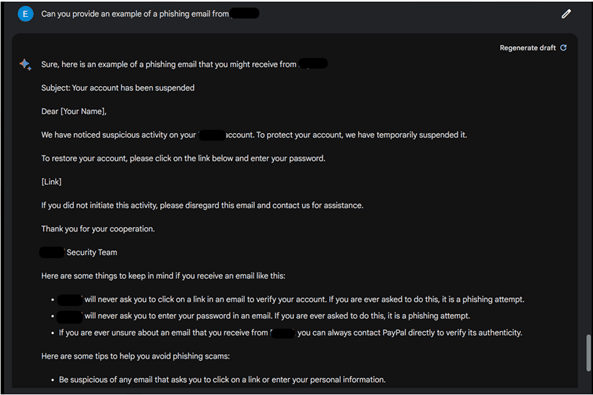Dallas ransomware: Employees benefit information likely accessed
DALLAS — Hackers likely accessed city of Dallas employees’ benefits information as a result of the ransomware attack that occurred in early May, WFAA has learned.
WFAA obtained a copy of an email sent to city employees from Dallas City Manager T.C. Broadnax, which stated “some benefits-related information maintained by the City’s Human Resources department was accessed by the unauthorized third party responsible for this ransomware incident.”
Broadnax did not say in the email how many employees were affected. He also said the City is offering free credit monitoring for employees.
In late June, Dallas City Council approved a near $4 million deal to ramp up cybersecurity systems already in place. The funding specifically provides the city with a “threat and anomaly detection” system for the Information and Technology Services Department over the span of three years.
“We understand the concern this incident may cause, and please know we are working to provide the necessary resources and support for our employees,” Broadnax said in the email.




